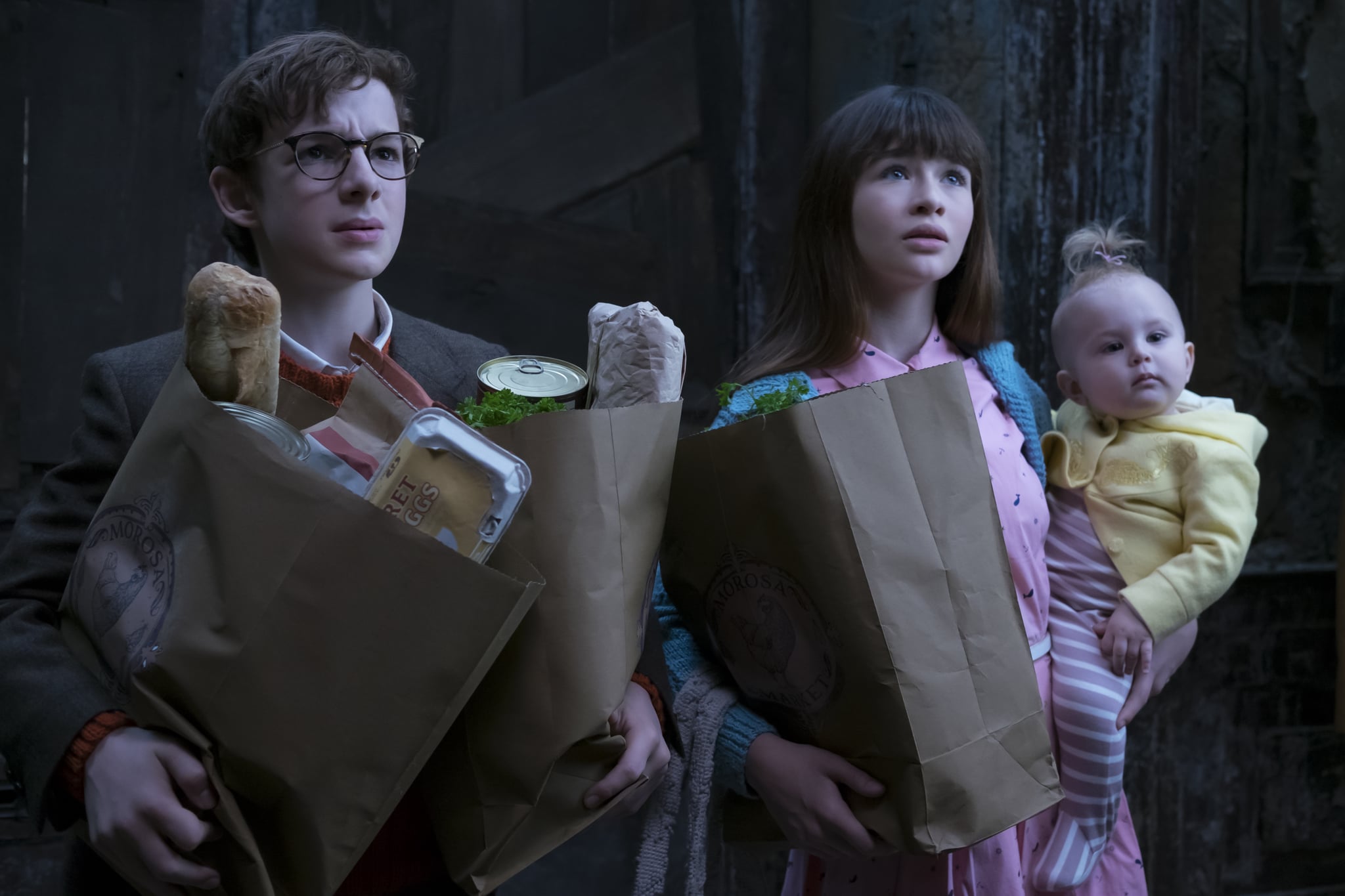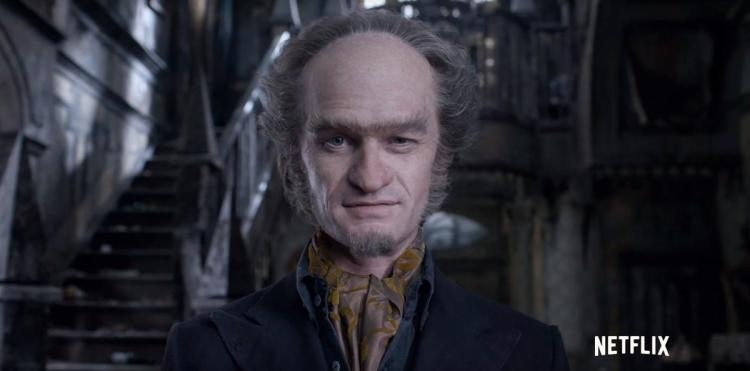Some spoilers about the identity of a main character...I don't really hold back in the review, so consider this prior warning...
Alien: Covenant comes with a lot of baggage. Almost too much baggage. First of all, this is the first titled Alien film since the slightly limp Alien: Resurrection. The series has commanded some of the best modern filmmakers, including James Cameron, David Fincher (with the very messy but underrated Alien 3) and Ridley Scott, who had returned to direct Covenant. However, the series has became something of a joke after Resurrection, leading to its nadir ... *shudder* Alien vs. Predator and its sequel. Secondly, there's Ridley Scott himself. While I would describe him as master filmmaker, I do find him slightly frustrating. All of his films are visually brilliant but he often picks scripts that are .. below him. He's capable of making brilliant films with the right story - Blade Runner, Thelma & Louise, Gladiator, the underrated Kingdom of Heaven (the director's cut, mind) and, of course, the original Alien. But a quick scan of his filmography reveals disappointments and forgotten films, especially in the last 10 years or so. Which nicely leads into my third piece of baggage - Prometheus. Starting life as an Alien prequel, during pre-production the film morphed into a not-Alien horror film but ended up combing the two scripts together to become something akin to the weird alien-human hybrid at the end of Alien: Resurrection - a clever concept that wasn't executed well, with too many elements thrown in and was ultimately malformed and mis-judged. The film was pretty divisive to say the least. So can Alien: Covenant hope to redeem decades of disappointment for one of cinema's classiest horror/sci-fi series?
 |
| Everybody's favourite alien is back |
One of the things I loved about the first four Alien films is how distinct they were from each other. The original Alien is a haunted mansion film set in space. Aliens is a balls-to-the-wall action film. Alien 3 is a psychological drama dealing with after effects of trauma. Even Resurrection attempted something different with a borderline black comedy (even if it's not so apparent in the finished product). And honestly, Alien: Covenant shines and suffers because of how gonzo the whole premise is. It feels like an extension of all the existential mysteries Scott explored in Prometheus with a Greatest Hits of the Alien franchise, yet struggles to fins its own identity. Quite what the goal is remains illusive and the question remains whether Alien is the right franchise for Scott to explore these concepts. It feels like picking up on unfinished business for the director left behind after Prometheus, while also attempting to satisfy the rabid Alien fan-base.
Alien: Covenant follows the space adventure of a group of colonists headed towards a new planet, who are awoken too early by the after effects of a solar explosion. A mysterious beacon beckons the crew off the beat-and-track to an Earth-like planet that houses a much greater secret. For we soon learn that this planet was inhabited by the mysterious Space Jockey alien race, who may or may not have created humanity (as explored in Prometheus), but have now disappeared leaving behind only their blackened corpses. The planet also contains a recognisable robot, David, from Prometheus and a certain nasty creature that has haunted the nightmares of sci-fi fans for decades. For Alien: Covenant reveals the true origin of the infamous and iconic xenomorph. This makes for an unpleasant brew for the crew of the Covenant.
| Katherine Waterston gives a solid, if underdeveloped, performance as the Ripley-esque Daniels |
Alien: Covenant marks a true return to the body horror antics of the original Alien. A mystery beckons a group of space farers but they soon discover that space exploration is a potentially scary and unknowable experience. Scott clearly relishes in the return to the H.R. Giger design work, as the film's style oozes tension and atmosphere. The set, costume and creature designs are uniformly excellent. The level of detail that has gone into tracking the life-span and evolution of the xenomorph still manages to cause chills down the spine. There's finally some levity and dramatic weight to the more existential material, even if this comes in the form of conversations between artificial intelligence, which was sorely lacking in Prometheus. Easily the highlight of the film is Michael Fassbender as Walter and David, the former serving as the resident android on the Covenant and the latter holding out on his own on this hospitable planet being the only survivor from the Prometheus. It's a fascinating set of performances and you are never aware of the special effects involved in bringing these scenes to life - you're just seeing two robots of the same make debating with each other.
 |
| Michael Fassbender is back in dual roles as returning android David and the latest model, Walter |
| So much guilt free xenomorph food |
My biggest surprise with the film is how much is followed up from Prometheus. It's not quite the soft reboot you expect it to be. The plot itself is a bit of a mess and the major motivations of the key characters fall to pieces on closer examination. Again, like the human-alien hybrid of Alien: Resurrection, the film ultimately feels like a hodge podge of different ideas. In one scene, it's a dry, heavy sci-fi film about man's place in the universe which picks up on Prometheus' unfinished plot threads. The next scene might be very gory and tension filled. Then it tries to evoke the past glories of the original Alien and its more action-packed sequel Aliens. However, the greatest strength of those films is how emotionally attached you become to the crew. The crew of the Covenant is too large to form any kind of personal attachment to with only Katherine Waterston as Daniels standing out. She's not quite the Ripley type you want her to be and I wish the film could have spent more time with her as overall it is a good performance, perfectly capturing the emotionally draining experiences surrounding her. The rest of the crew feel like disposable bodies. Or are so stupid they should have science badges destroyed - looking at you Captain Billy Crudup. Though, to the film's credit, they're not quite as dumb as the crew of Prometheus.
The xenonmorph is still the star of the show. Anytime it, or its multitude of previous evolutions, appears on screen is a treat. This is still one of the best alien designs in cinema and the tasteful use of CGI to create the creature this time gives a believable amount of weight and flexibility that could only be pushed so far by a guy in a rubber suit. The film sacrifices a lot of tension to have these guys appear on screen and, to be honest, I'm OK with seeing the xenonmorph in full bloody rampage in a modern film, even if it's not as artfully done as in the original film. My issue is how convoluted the backstory of these creatures has become. On a thematic level, it is interesting and draws upon religious subtext. However, it robs the creatures of that mysterious menace and psychoanalytic readings from the first film. The Nostromo crew happen to land on the wrong planet and encounter the wrong kind of extraterrestrial life, that first preys on the males of the group before aiming for the women (read into that what you will). It's a reminder that exploration can be a great and exciting prospect but also has the potential for the unexpected and terrifying. Alien is scary because ... well, in space no one can hear you scream.
| Ridley Scott's art design and composition of shots continue to be exemplary |
Honestly, comparisons to Prometheus aside, the whole film is still a mess. It's a bit unfocused and suffers from some major script and narrative problems. However, that said, it does grapple with genuinely interesting topics on creation and humanity's place in the universe, dealing with it on an almost Biblical/Paradise Lost level. Michael Fassbender turns in a great performance as both David and Walter, with Waterston shining as a potential future Ripley-type. Not all the elements are given time to manifest themselves (the crew, for example, is fairly vanilla) but this is a more satisfying effort than Prometheus. Visually the film is excellent and the xenomorphs themselves have never looked better. Unfortunately, it is mostly stuff we have seen before even if Scott wraps it up in an interesting, even if its not always appropriate, package. It's a quality product, and is certainly headier and weirder than other films out at the moment, so it just about gets a pass from me. But can I just say ... do we have to continue with brilliant scientists being the dumbest characters in this franchise?
Rating: 6/10




